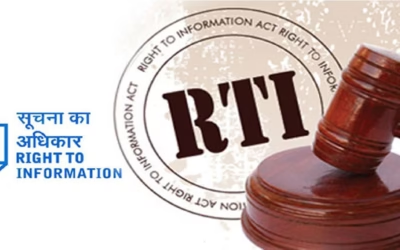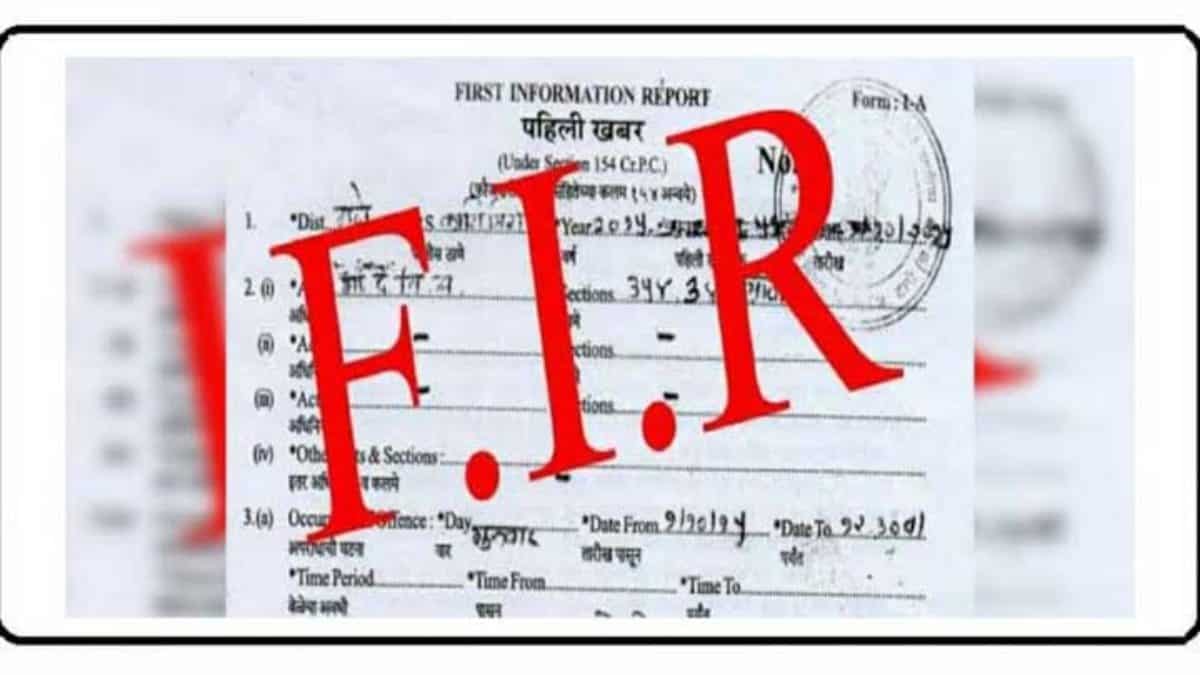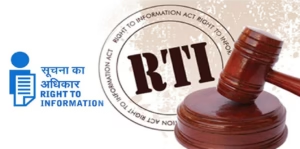
EU Court Imposes Fine on EU Institutions for Breaching Own Data Protection Laws

In an unprecedented move, the European Union (EU) Court has imposed a fine on EU institutions for breaching their own data protection laws. The decision marks a historic moment in data privacy regulation, as it is the first time the EU has been held accountable by its own judiciary for failing to comply with the strict standards set by the General Data Protection Regulation (GDPR).
Background of the Case
The case stems from allegations that various EU institutions mishandled personal data, violating the fundamental principles enshrined in the GDPR. The regulation, which came into effect in 2018, mandates stringent rules regarding data processing, storage, and security, applying not only to private organizations but also to public bodies, including those within the EU.
Despite the EU’s role as the architect of the GDPR, it appears that some of its own institutions did not fully comply with its provisions, leading to legal action. The case was brought to the EU Court, which evaluated whether the institutions had violated data protection rules and, if so, what penalties should be imposed.
The Court’s Ruling
The EU Court’s ruling is a significant milestone in the enforcement of the GDPR. In its decision, the Court held that certain EU institutions had failed to properly protect personal data, thus breaching the legal requirements set out in the GDPR. As a result, the Court has imposed a fine on the EU institutions involved, sending a strong message that no entity is above the law, regardless of its status or authority within the Union.
This ruling underscores the EU’s commitment to ensuring that its own regulatory framework is followed meticulously, particularly when it comes to the protection of personal data. The fine serves as a reminder that data protection is a top priority for the EU, and breaches—whether by private entities or public institutions—will have consequences.
Key Implications of the Ruling
- Accountability of EU Institutions: The decision is an important reminder that even the EU itself is not immune to legal scrutiny. It reaffirms that EU institutions must adhere to the same standards that they set for member states and private organizations under the GDPR.
- Strengthening GDPR Enforcement: The fine emphasizes the EU’s commitment to the rigorous enforcement of its data protection laws. The ruling sends a message to organizations both inside and outside the Union that GDPR compliance is not optional and must be taken seriously by all parties, regardless of their stature.
- Legal Precedent: This case sets a significant legal precedent for future data protection cases involving public bodies. It could encourage greater transparency, improved governance, and better data management practices within EU institutions and other governmental bodies.
- Public Trust in Data Privacy: The decision also highlights the EU’s focus on restoring and maintaining public trust in its commitment to data privacy. With data breaches and privacy violations becoming increasingly common, ensuring that even the EU follows the rules is critical for upholding the legitimacy of the GDPR.
What’s Next?
This historic fine could pave the way for future scrutiny of EU institutions’ compliance with GDPR, with potential implications for the broader application of data protection laws across Europe. Legal experts believe that this ruling may spur further actions to improve data handling practices within EU organizations, leading to a more robust and transparent regulatory environment.
For businesses and organizations operating in the EU, this case serves as a stern reminder to review their data protection measures and ensure they are fully compliant with GDPR standards. Non-compliance can result in serious penalties, and as demonstrated by this case, even public bodies can be held accountable.
Conclusion
The EU Court’s decision to fine EU institutions for breaching their own data protection laws is a landmark ruling with far-reaching implications for the future of privacy and data security within the European Union. It reinforces the idea that no entity—public or private—is exempt from upholding the rights of individuals when it comes to personal data. As the EU continues to lead the charge in global data privacy regulation, this case serves as a powerful reminder of the importance of data protection in today’s digital age.
































